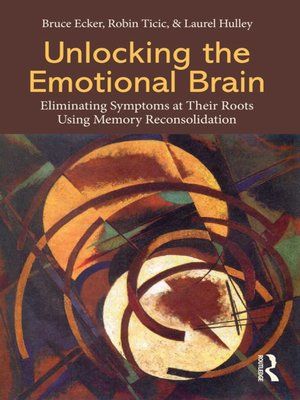Emotional intelligence, often referred to as EQ, is the ability to recognize, understand, and manage our own emotions as well as understand and influence the emotions of others. While IQ (intelligence quotient) has traditionally been seen as the primary indicator of success, research shows that EQ plays a crucial role in personal and professional achievements. In this article, we will explore the secrets behind emotional intelligence and how it can positively impact various aspects of our lives.
The Four Pillars of Emotional Intelligence
Emotional intelligence comprises four key pillars:
Self-Awareness
This pillar involves recognizing and understanding our own emotions, strengths, weaknesses, values, and objectives. By being self-aware, we gain clarity about who we are and what we want, enabling us to make informed decisions and navigate through challenging situations effectively. This awareness also helps us build stronger relationships with others by being authentic and genuine.
Self-Management
Self-management is about being able to regulate our own emotions and behaviors. It involves staying calm under pressure, controlling impulsive reactions, and adapting to changing circumstances. By managing our emotions, we can make rational decisions, persevere through setbacks, and maintain healthy relationships even during challenging times. Self-management is a vital skill for personal and professional success.
Social Awareness
Social awareness refers to the ability to recognize and understand the emotions and needs of others. By practicing empathy and compassion, we develop strong interpersonal skills. This understanding helps us build better relationships, communicate effectively, resolve conflicts peacefully, and demonstrate inclusivity. Social awareness is crucial in fostering a positive and supportive environment both at work and in personal relationships.
Relationship Management
The ability to build and maintain healthy relationships is a fundamental aspect of emotional intelligence. Relationship management involves effective communication, conflict resolution, and teamwork. By developing this skill, we can inspire and motivate others, foster collaboration and cooperation, and create a supportive network that contributes to our overall success and well-being.
The Benefits of Emotional Intelligence
Developing emotional intelligence can have numerous positive effects on different aspects of our lives:
Improved Personal Relationships
Enhancing emotional intelligence leads to better understanding and communication with loved ones. It helps us navigate conflicts, build trust, and create stronger emotional connections. By being empathetic and supportive, we can foster healthier and more fulfilling personal relationships.
Effective Leadership
Leaders with high emotional intelligence are better equipped to understand their team members’ needs, motivations, and emotions. They can communicate effectively, inspire others, and foster a positive work environment. These leaders are more likely to achieve organizational goals and create a sense of purpose and engagement among their teams.
Enhanced Decision-Making
Emotionally intelligent individuals can make better decisions by considering both rationality and emotions. They understand how emotions can influence judgment and can leverage this awareness to make more informed choices. By evaluating potential outcomes and considering the emotional impact of decisions, they can achieve more favorable results.
Reduced Stress
Individuals with high emotional intelligence can manage stress more effectively. They can recognize and regulate their emotions, allowing them to maintain a sense of calmness even in challenging situations. By practicing self-care and utilizing coping mechanisms, they can reduce stress and maintain overall mental well-being.
Developing Emotional Intelligence
While some individuals naturally possess high emotional intelligence, others may need to develop and refine this skill. Here are some strategies to enhance EQ:
Practice Self-Reflection
Regularly reflecting on our emotions, reactions, and behaviors helps build self-awareness. Engage in activities such as journaling, meditation, or seeking feedback from trusted individuals to gain insights about yourself and your emotions.
Empathize with Others
Acknowledging and understanding the emotions of those around us is essential for social awareness. Practice active listening, seek different perspectives, and show genuine empathy towards others to enhance your ability to connect and build strong relationships.
Manage Stress and Practice Self-Care
Develop healthy coping mechanisms to manage stress effectively. Engage in activities like exercise, meditation, or spending time with loved ones. Taking care of your physical and mental well-being is crucial in maintaining emotional balance.
Continuous Learning and Growth
Emotional intelligence is a lifelong journey. Seek opportunities to learn and grow through books, courses, or workshops focused on emotional intelligence. Apply the knowledge gained in your daily interactions to strengthen your understanding and application of EQ.
Conclusion
Unlocking the secrets of emotional intelligence is a transformative process that can positively impact our personal and professional lives. By developing self-awareness, self-management, social awareness, and relationship management, we can enhance our relationships, decision-making abilities, and overall well-being. With continued practice and dedication, we can unlock the full potential of emotional intelligence and create a more fulfilling and successful life.

